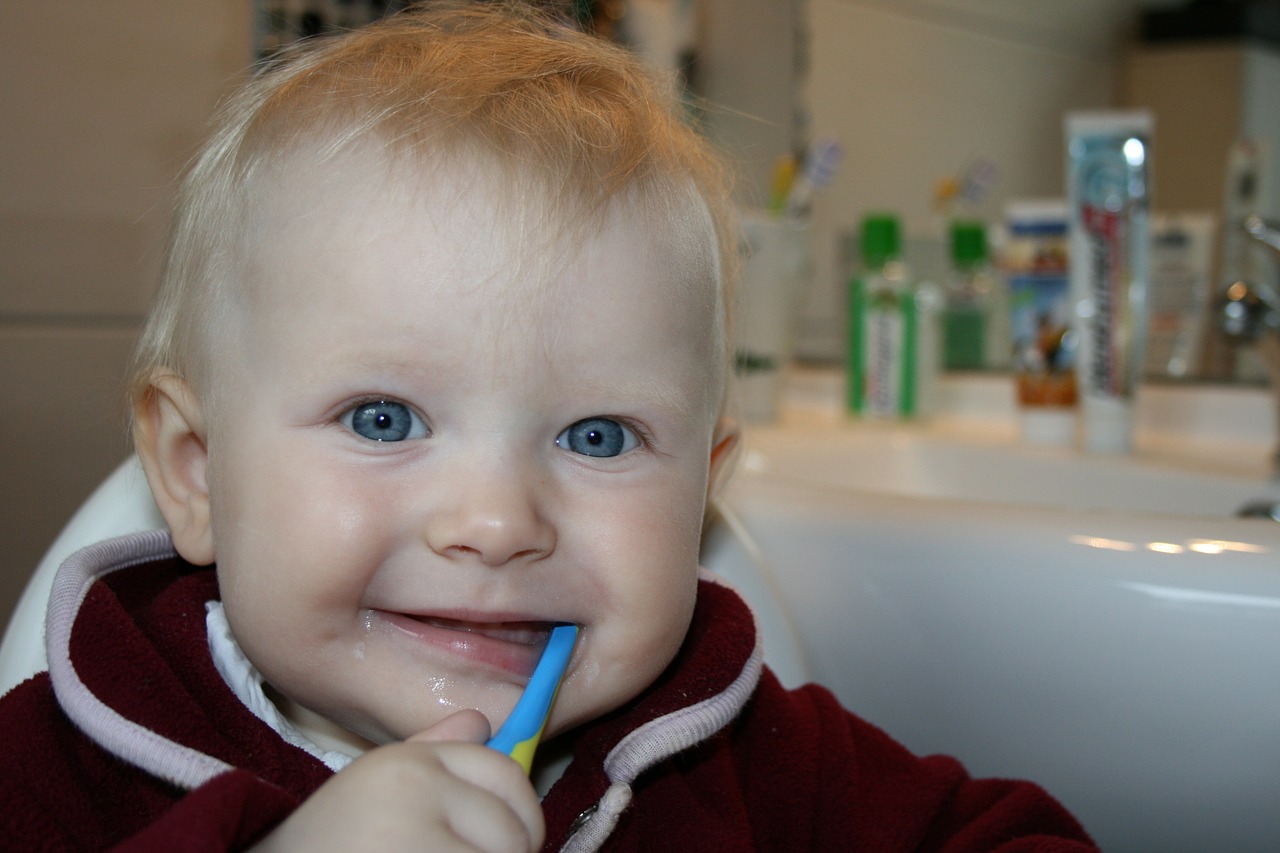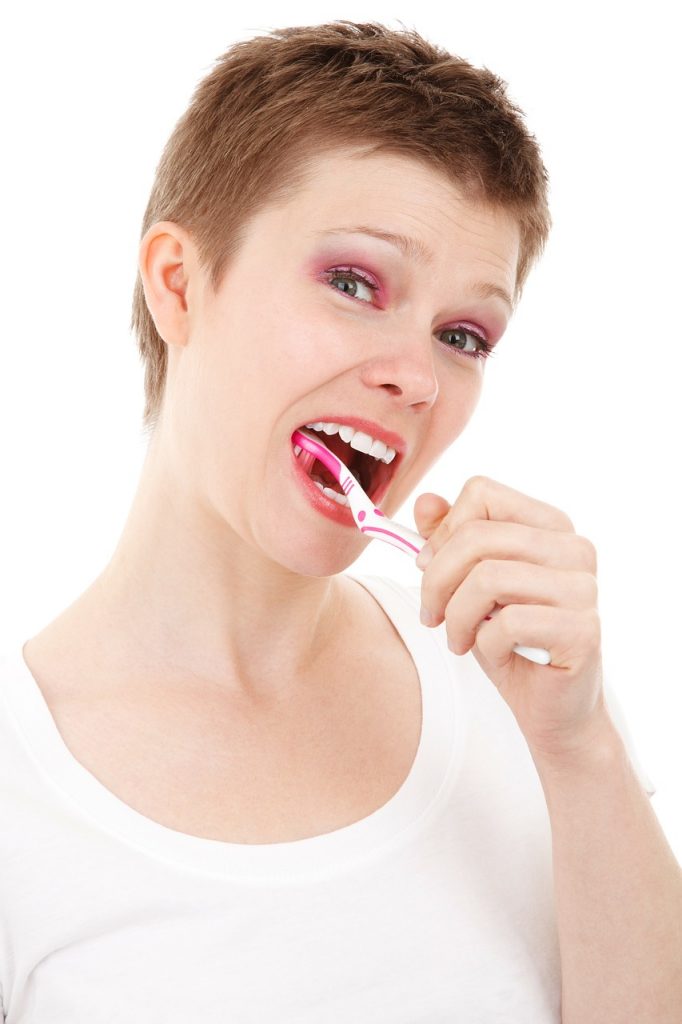
FDA bans Triclosan in soap
Triclosan is an antibacterial chemical recently banned by the FDA for use in soap. Along with 19 other antibacterial and antimicrobial ingredients in liquid and bar soap, triclosan was found to have no scientific evidence of benefit. In fact, it may be doing more harm than good. Soap manufacturers have one year to remove triclosan from their consumer products. It will still be allowed in medical settings.
Ars Technica reports:
Scientists have found that triclosan and other antimicrobial soaps have little benefit to consumers and may actually pose risks. These include bolstering antibiotic resistant microbes, giving opportunistic pathogens a leg up, and disrupting microbiomes. In its final ruling, issued Friday, the FDA seemed to agree. “Consumers may think antibacterial washes are more effective at preventing the spread of germs, but we have no scientific evidence that they are any better than plain soap and water,” Janet Woodcock, director of the FDA’s Center for Drug Evaluation and Research (CDER), said in a statement. “In fact, some data suggests that antibacterial ingredients may do more harm than good over the long-term.”((http://arstechnica.com/science/2016/09/fda-bans-antibacterial-soaps-no-scientific-evidence-theyre-safe-effective/))
Triclosan health and environmental effects
Triclosan is an antibacterial ingredient. It’s present in everything from soaps to socks to deodorant. 93 percent of liquid antibacterial contain it. That’s over 2000 products!((http://www.nbcnews.com/health/health-news/fda-orders-antibacterials-removed-consumer-soaps-n642036))
Beyond Pesticides explains:
Studies have increasingly linked triclosan (and its chemical cousin triclocarban), to a range of adverse health and environmental effects from skin irritation, endocrine disruption, bacterial and compounded antibiotic resistance, to the contamination of water and its negative impact on fragile aquatic ecosystems.
When introduced to the market in 1972, triclosan was confined to hospital and health care settings. Since then triclosan exploded onto the market place in hundreds of consumer products ranging from antibacterial soaps, deodorants, toothpastes, cosmetics, fabrics, toys, and other household and personal care products. ((http://www.beyondpesticides.org/programs/antibacterials/triclosan))
According to the Natural Resource Defence Council:
The dangers of triclosan (and a related antibacterial chemical, triclocarban) are many. For starters, it’s an endocrine disruptor, meaning it interferes with important hormone functions, which can directly affect the brain in addition to our immune and reproductive systems. Specifically, the chemical disturbs thyroid, testosterone, and estrogen regulation, which can create a host of issues including early puberty, poor sperm quality, infertility, obesity, and cancer. Studies have also shown it can lead to impaired learning and memory, exacerbate allergies, and weaken muscle function. The impacts of prolonged exposure during fetal development, infancy, and childhood can be particularly severe, resulting in permanent damage.
Overwhelmed yet? There’s more. Studies have shown that the overuse of antimicrobial chemicals like triclosan might also be contributing to antibiotic resistance in bacteria, a major public health concern. At least two million people in the United States fall sick—and about 23,000 die—from antibiotic-resistant infections every year.((https://www.nrdc.org/stories/dirt-antibacterial-soaps))
Triclosan impairs muscle function
Four years ago, researchers found triclosan “impaired” muscle function. This especially concerning when you consider the human heart is a muscle. The Smithsonian reports:
Using studies with animals to make assumptions about human health is always dicey, but the researchers say the fact that triclosan produced similar results in widely varying conditions with different animals—and the troubling effects of the chemical on human heart cells in test tubes—are causes for concern. ”The effects of triclosan on cardiac function were really dramatic,” said co-author Nipavan Chiamvimonvat. “Although triclosan is not regulated as a drug, this compound acts like a potent cardiac depressant in our models.” He speculates that in some cases, triclosan may be responsible for exacerbating heart problems in patients with an underlying condition.((http://www.smithsonianmag.com/science-nature/triclosan-a-chemical-used-in-antibacterial-soaps-is-found-to-impair-muscle-function-22127536/#kGHK0fjpl0EtmWyg.99))

If triclosan is banned by the FDA in soap, why is still allowed in toothpaste?
US public health policy is influenced by large corporations. The FDA has allowed triclosan to remain in toothpastes while banning it from soaps. Colgate Total is the only brand of toothpaste in the US to contain the antibacterial chemical. Colgate’s power over the FDA has exempted its toothpaste from the antimicrobial ban.
The FDA states Colgate has shown triclosan “to be effective at reducing plaque and gingivitis” even when the agency has banned the chemical from soaps.((http://www.nytimes.com/2016/09/07/well/live/why-your-toothpaste-has-triclosan.html?em_pos=small&emc=edit_hh_20160909&nl=well&nl_art=8&nlid=48748113&ref=headline&te=1&_r=0))
Are dental plaque and gingivitis such huge health problems that they outweigh the risks of using triclosan in soaps? It doesn’t make sense.
The New York Times reports on this confusing FDA decision:
“We put soap on our hands, and a small amount gets into our body,” said Rolf Halden, a director for environmental security at the Biodesign Institute at Arizona State University, who has tracked triclosan for years. But through the gums, “chemicals get rapidly absorbed into the bloodstream.”((http://www.nytimes.com/2016/09/07/well/live/why-your-toothpaste-has-triclosan.html?em_pos=small&emc=edit_hh_20160909&nl=well&nl_art=8&nlid=48748113&ref=headline&te=1&_r=0))
If triclosan is not safe to use on our hands, why is it safe to put in our mouths?
Colgate Total is a best seller. Like with other chemicals, the company was responsible for conducting “comprehensive evaluation of human safety”. ((http://www.nytimes.com/2016/09/07/well/live/why-your-toothpaste-has-triclosan.html?em_pos=small&emc=edit_hh_20160909&nl=well&nl_art=8&nlid=48748113&ref=headline&te=1&_r=0)) This is a huge flaw in our system when companies bear the responsiblity to report and discover adverse effects that conflict with their own profits and product development.
For triclosan to remain in one toothpaste product from one company is suspicious.
Just like with BPA, the replacements of benzalkonium chloride, benzethonium chloride or chloroxylenol (PCMX) for triclosan may be just as dangerous to our health and ecosystem((https://www.nrdc.org/stories/dirt-antibacterial-soaps))((http://www.npr.org/sections/health-shots/2016/09/02/492394717/fda-bans-19-chemicals-used-in-antibacterial-soaps)). Best to avoid all risks and use natural soaps and toothpastes.
Disclosure: We are part of Tom’s of Maine Goodness Circle. Tom’s parent company is Colgate-Palmolive. I have shared my thoughts on the subject, yet I want to be clear with our readers. My association with Tom’s does not in any way prevent me from writing about Colgate. If it did, I would not participate.
It all comes down to educate the consumer about the ingredients in the cosmetic products they use every day and make them question the messages they hear on TV commercials. Fortunately there are alternatives, a whole new industry of organic and all-natural products that help to reduce the effects of chemical ingredients on the human body and the environment. But even there, not everything that is called “all-natural” is all natural. As I said, educating the consumer is key.